
Daniel Gilligan
Director, Poverty, Gender, and Inclusion (PGI), Poverty,
Gender, and Inclusion

Back
With research staff from more than 60 countries, and offices across the globe, IFPRI provides research-based policy solutions to sustainably reduce poverty and end hunger and malnutrition in developing countries.

researcher spotlight
Carlo Azzarri is a Senior Research Fellow in the Innovation Policy and Scaling Unit. His work focuses on the relationships among poverty, nutrition, food security, agriculture, the environment, production, and migration—analyzed at both micro and macroeconomic levels, primarily using quantitative methods.

Back
Since 1975, IFPRI’s research has been informing policies and development programs to improve food security, nutrition, and livelihoods around the world.

Back
IFPRI currently has more than 600 employees working in over 80 countries with a wide range of local, national, and international partners.
Today, nearly 10 percent of the world’s population lives in extreme poverty, making them vulnerable to hunger and malnutrition. Though substantial progress has been made in reducing poverty as well as food insecurity in recent decades, recent events, particularly the COVID-19 pandemic, conflicts, and the increasing incidence of weather shocks linked to a changing climate, have slowed that progress. Poverty is more prevalent in rural areas of developing countries (though it is becoming increasingly common in urban areas), and intersects with gender disparities in rights, assets holdings and economic opportunities, as well as similar inequities experienced by marginalized communities.
Identifying research-based policy solutions to poverty is central to IFPRI’s mission. IFPRI’s researchers explore the linkages between poverty, food security, and nutrition, and evaluate programs and policies that help families move out of poverty.
IFPRI evaluations focus on multifaceted livelihoods interventions designed to address the multiple constraints faced by households in poverty, in addition to technical and policy innovations that can boost productivity and market access, and financial tools such as insurance that can reduce risks and raise incomes. This research agenda on poverty also links to our research agenda on social protection, given that social protection is a major antipoverty initiative in many countries and a launching point for multifaceted antipoverty initiatives. IFPRI’s research on development strategies uses economic modeling to explain how policies to support food system transformation and agriculture-led growth can create new opportunities both on and off farm and contribute to poverty alleviation. IFPRI also has strong expertise in probing the intersections between poverty and gender. IFPRI’s research identifies effective and sustainable strategies that ensure that women are empowered to participate in new economic opportunities.
IFPRI’s research on this topic is closely aligned with the Sustainable Development Goals (SDGs), particularly SDG1, and the CGIAR Impact Area on Nutrition, Health, and Food Security; Poverty Reduction, Livelihoods and Jobs; and Gender Equality, Youth, and Social Inclusion.


Journal Article

Journal Article
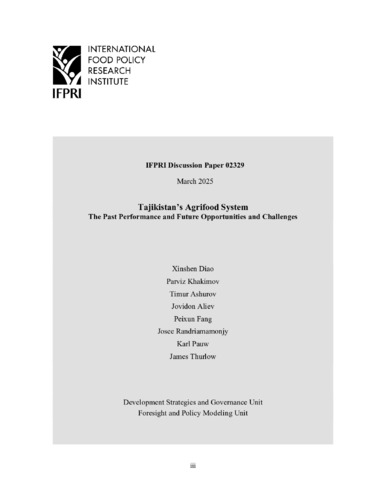
Working Paper
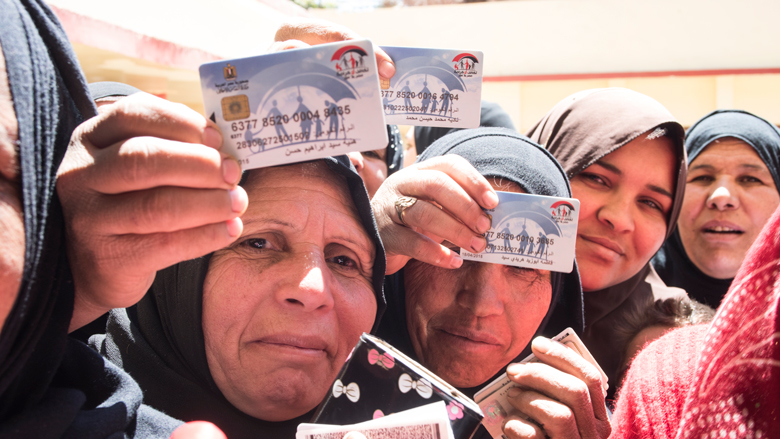
Assessing impacts of cash transfers.
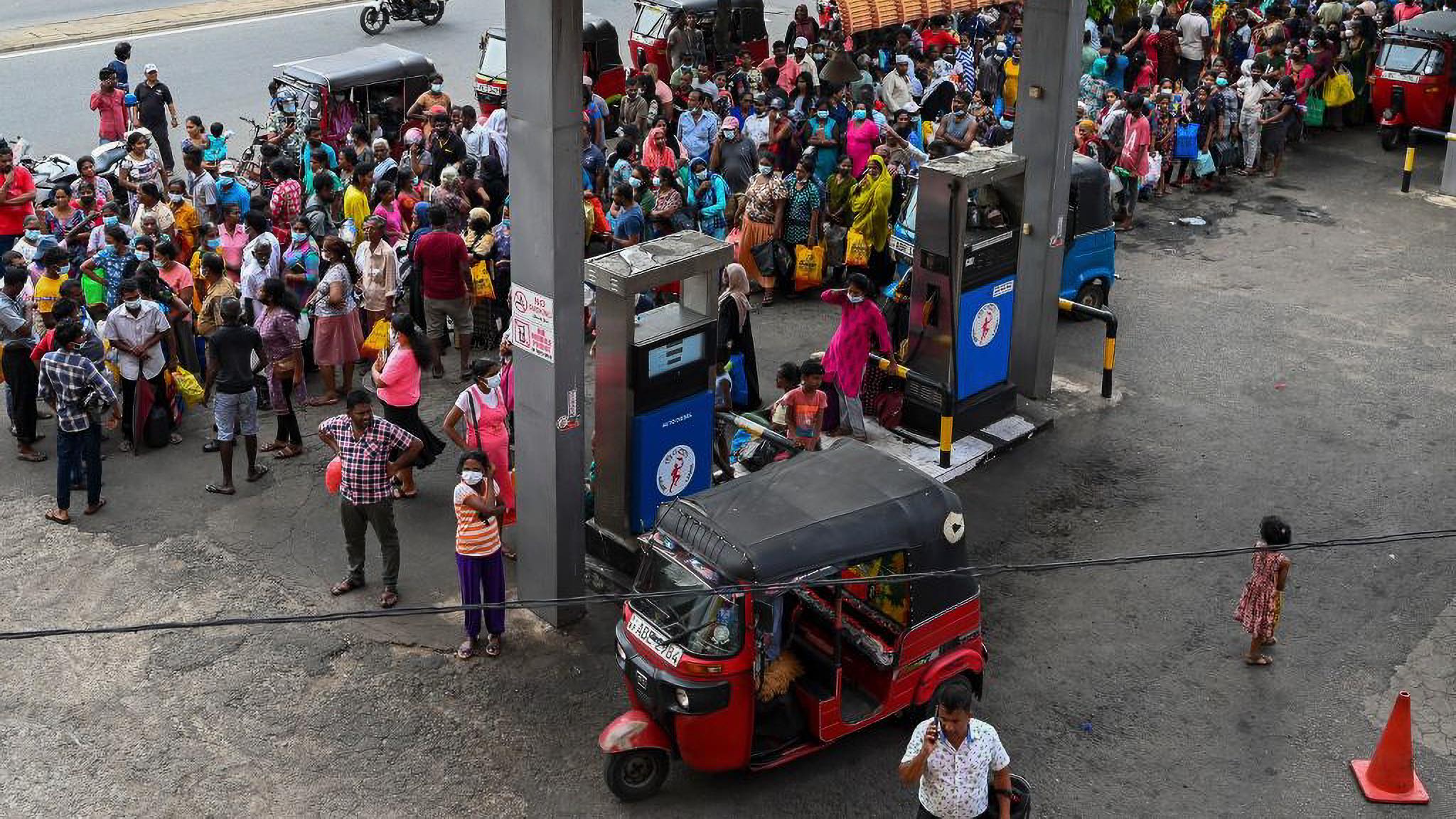
Research can shape a new government’s decision-making.
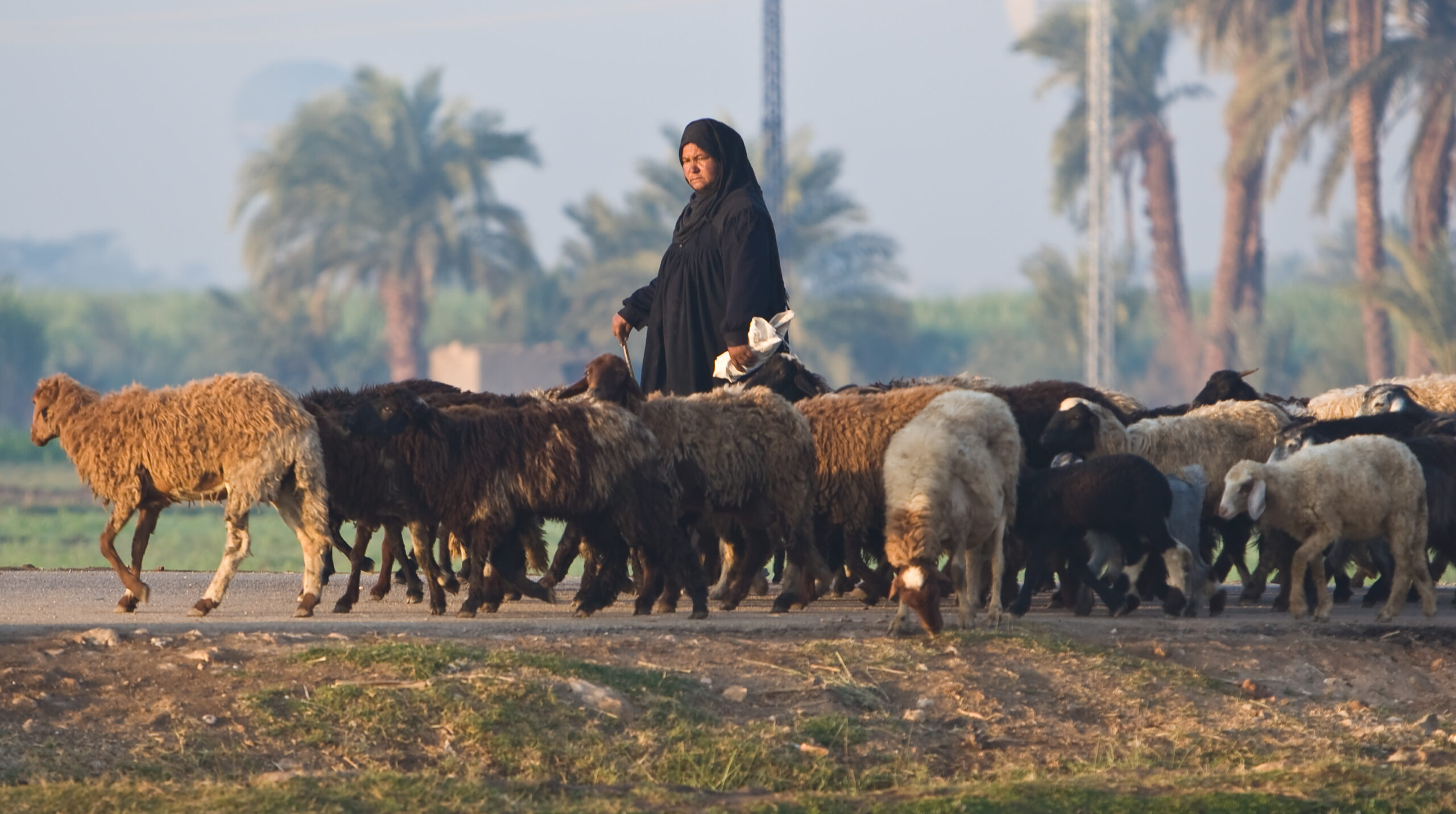
A path for moving out of poverty.
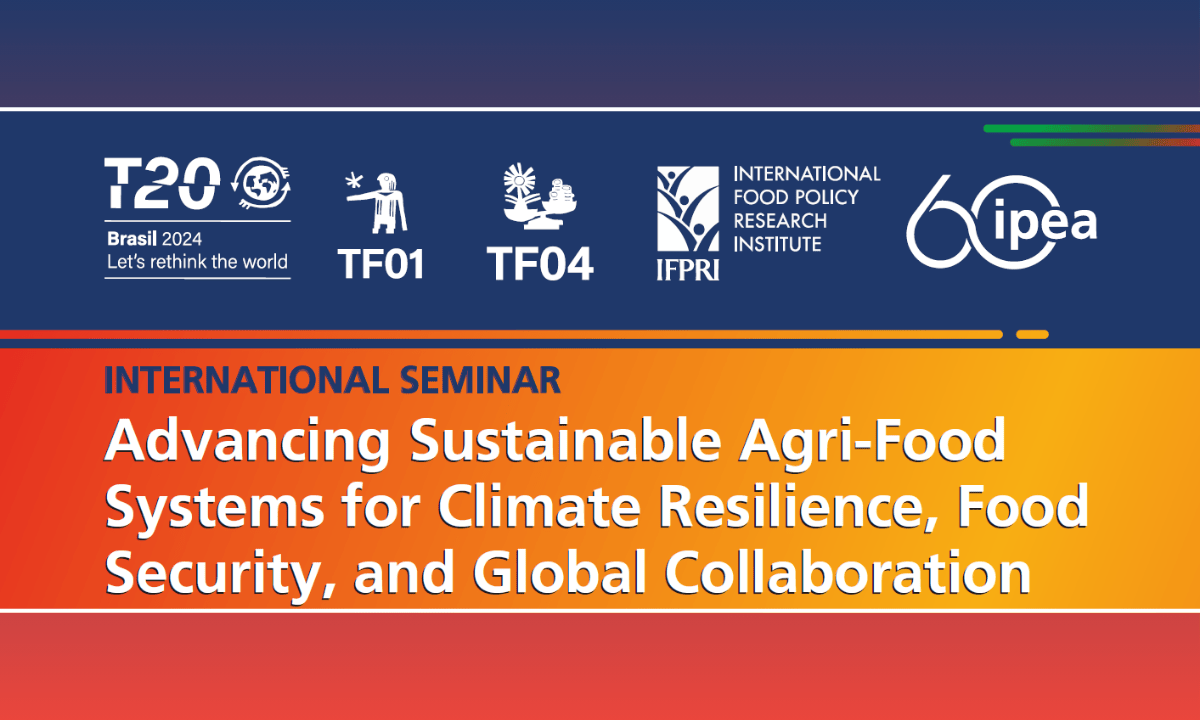
The livestream will be available on Tuesday November 12, 2024 at 5:00 – 6:30 pm (America/Sao_Paulo) / 3:00 – 4:30 pm (US/Eastern). Join us for an in-depth discussion on Avanzar2030, an evidence-based initiative that identifies promising innovations in agri-food systems and estimates the costs of implementing them. Launched in response to the 2021 UN Food […]
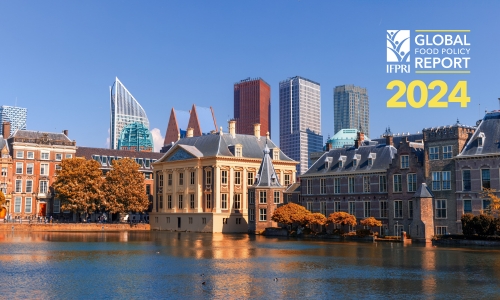
IFPRI’s 2024 Global Food Policy flagship publication arrives at a pivotal moment, as the importance of addressing food systems for better nutrition continues to gain global recognition. With United Nations Framework Convention on Climate Change (UNFCCC) 29th Conference of the Parties taking place in November, the SUN Global Gathering on the horizon and the Nutrition […]
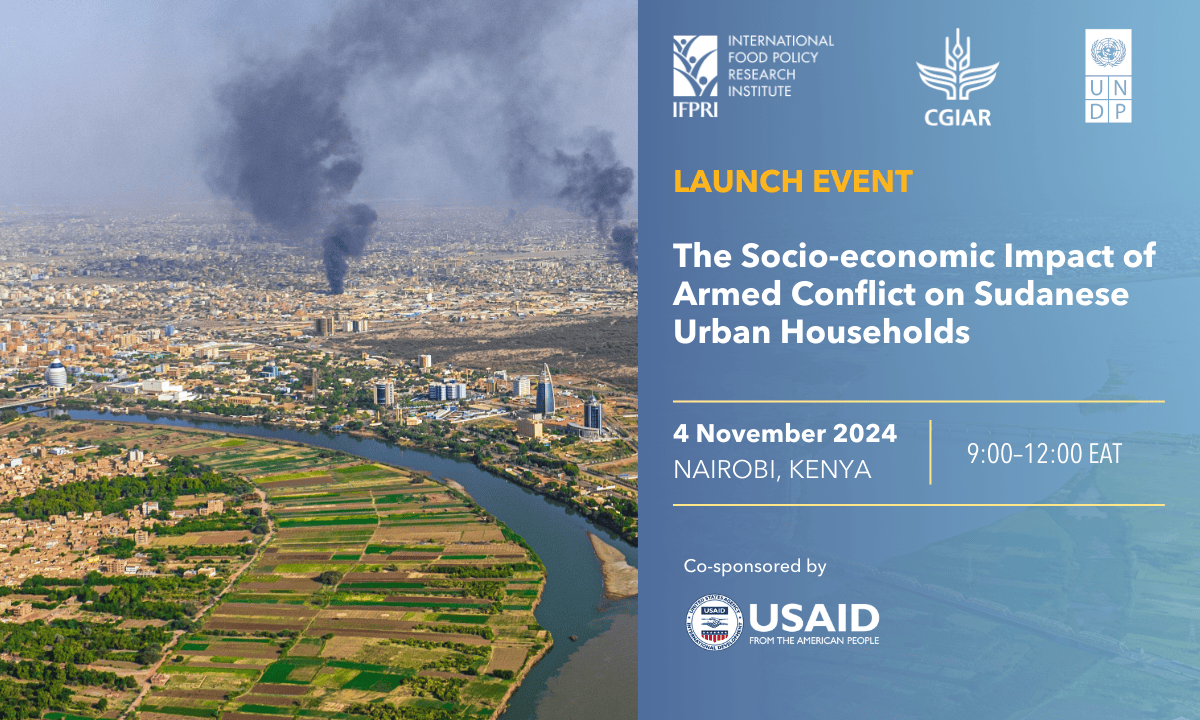
The ongoing conflict in Sudan has been concentrated in cities, with major impacts on urban households. Large numbers of families are displaced, employment is down dramatically, and most children are unable to go to school. A comprehensive survey conducted earlier this year by IFPRI’ Sudan Strategy Support Program and the United Nations Development Programme provides […]
Senior research fellow and country representative, Akhter Ahmed writes in an op-ed for the Financial Express (Bangladesh) that the country “has witnessed substantial economic growth over the past decade, with an average annual gross domestic product (GDP) growth of 6.6 per cent between 2016 and 2022. Notably, the country experienced a 3.4 per cent increase in GDP in 2020, making Bangladesh one […]
Johan Swinnen, Managing Director, Systems Transformation, CGIAR and Director General of the International Food Policy Research Institute gave an extensive interview to the Daily Star (Bangladesh). Bangladesh should conduct real-time monitoring of imports and national supply chains for critical commodities to forecast and respond in a timely manner to policy challenges and tackle the impacts […]
Dhaka, Bangladesh: The International Food Policy Research Institute (IFPRI) and the Bay of Bengal Initiative for Multi-Sectoral Technical and Economic Cooperation (BIMSTEC) Secretariat signed a Memorandum of Understanding (MoU) today in Dhaka. IFPRI, with support from the Bill and Melinda Gates Foundation (BMGF) and the BIMSTEC Secretariat, is conducting research and facilitating capacity sharing in […]

Director, Poverty, Gender, and Inclusion (PGI), Poverty,
Gender, and Inclusion

Director, Foresight and Policy Modeling (FPM), Foresight
and Policy Modeling

Research Fellow, Natural
Resources and Resilience

Research Analyst, Innovation
Policy and Scaling
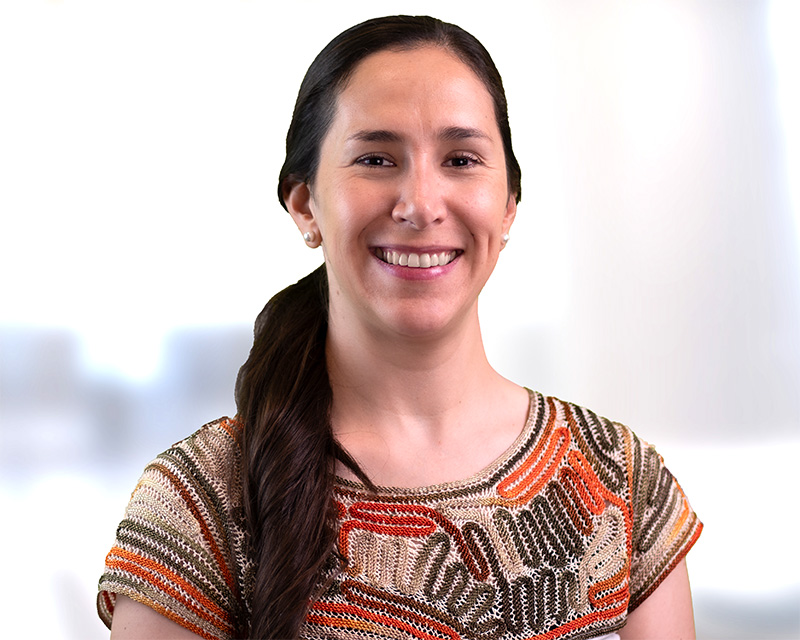
Associate Research Fellow, Nutrition,
Diets, and Health

Senior Research Fellow, Poverty,
Gender, and Inclusion
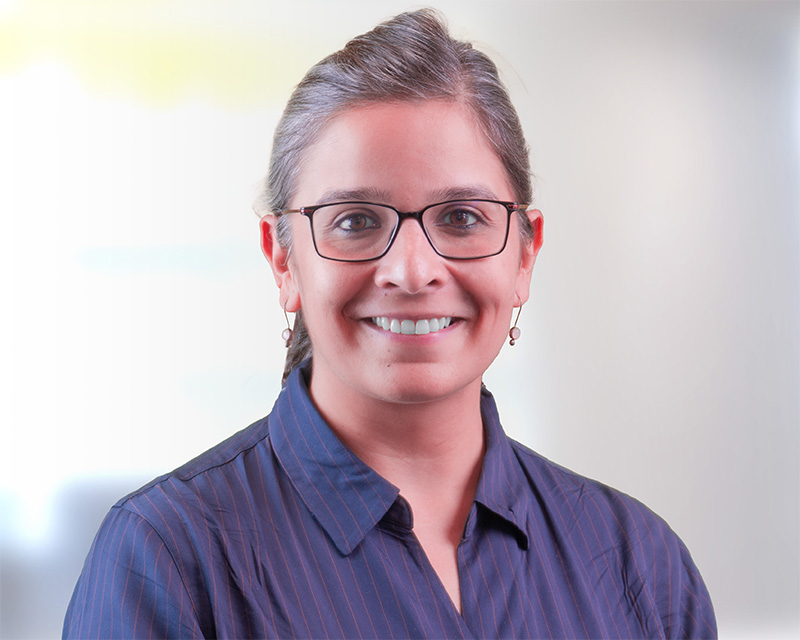
Research Fellow , Poverty,
Gender, and Inclusion

Project Manager, Development
Strategies and Governance
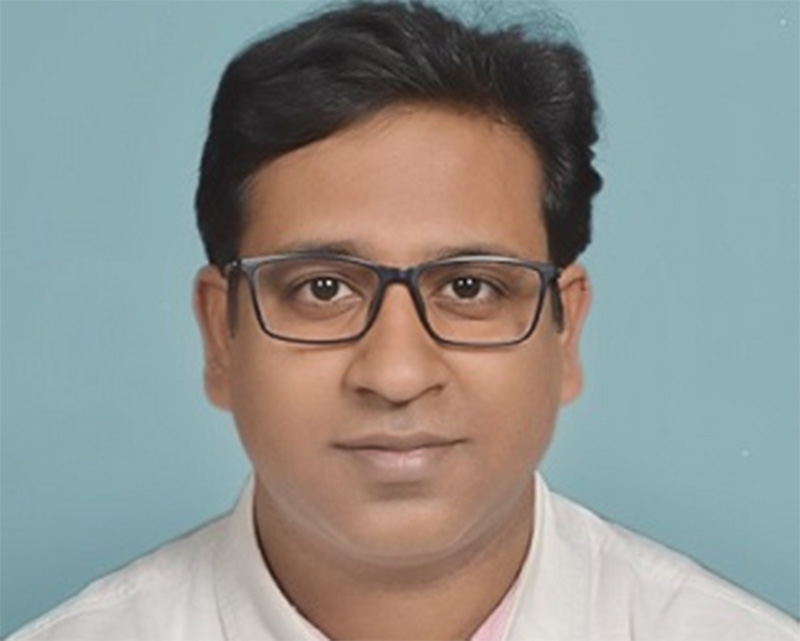
Project Coordinator, Development
Strategies and Governance

Program Manager, Development
Strategies and Governance

Scaling Specialist, Innovation
Policy and Scaling
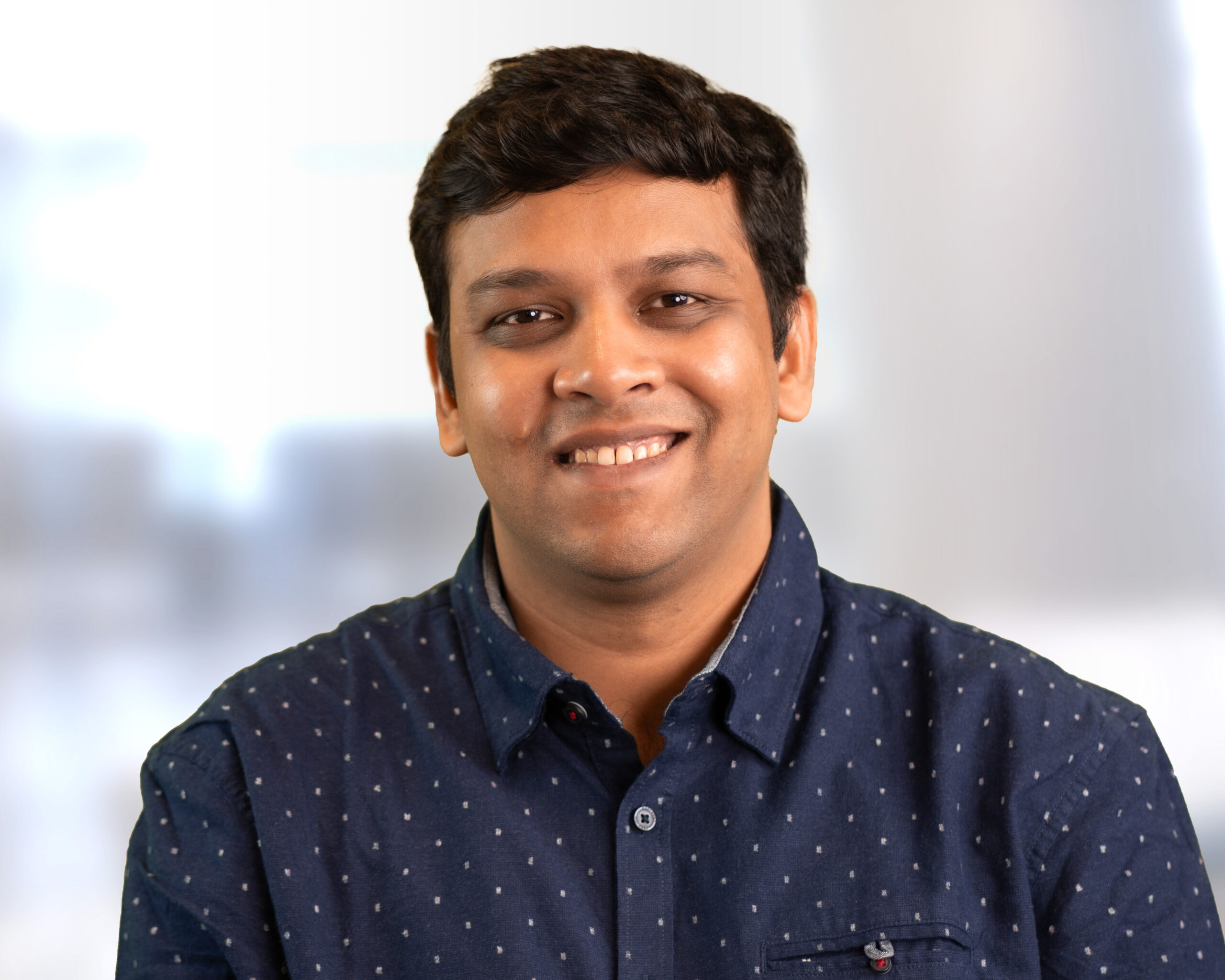
Senior Program Manager, Poverty,
Gender, and Inclusion

Nonresident Senior Fellow, Markets,
Trade, and Institutions

Nonresident Fellow, Poverty,
Gender, and Inclusion

Nonresident Fellow, Foresight
and Policy Modeling